- Junta tightens travel restrictions on Arakanese people in mainland Myanmar
- Regime steps up offensive toward Arakan State via Ayeyarwady coastal route
- Elderly IDP killed, two others injured in junta airstrike on Kyaukphyu village
- AAPP urges urgent international action as junta crimes against humanity escalate
- Photo News: Maha Ramayana Harinama Rama Festival marks 75th anniversary in Maungdaw
ULA's humanitarian office warns of potential rise in mosquito-borne illnesses
The Humanitarian and Development Coordination Office (HDCO) of the United League of Arakan (ULA) has warned that mosquito breeding rates in Arakan State are increasing, which could lead to a rise in the incidence of mosquito-borne illnesses.
19 Sep 2025
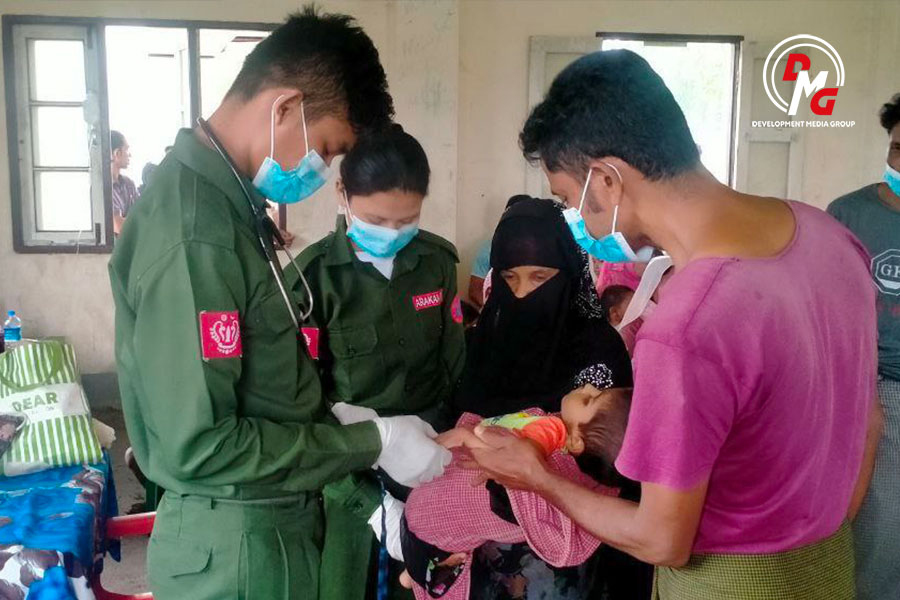
DMG Newsroom
19 September 2025, Mrauk-U
The Humanitarian and Development Coordination Office (HDCO) of the United League of Arakan (ULA) has warned that mosquito breeding rates in Arakan State are increasing, which could lead to a rise in the incidence of mosquito-borne illnesses.
The fighting in Arakan State, along with the Myanmar military's land, sea, and air attacks, has left homes and buildings damaged or abandoned, and areas with thick undergrowth and increased mosquito breeding rates, HDCO said in a statement on Thursday.
The growing ranks of displaced people due to fighting and overcrowding in displacement camps are contributing to an increase in mosquito breeding rates, raising concerns about the risk of infectious diseases.
"The water supply in displacement camps is poor, and the conditions for displaced people living in the fields and mountains are good mosquito breeding grounds, so more precautions are needed," said a healthcare worker in Arakan State. "Otherwise, displaced people could become infected with dengue fever and malaria, which are mosquito-borne diseases."
The latest fighting in Arakan State, which began on November 13, 2023, has been going on for almost two years, and the number of people displaced by the fighting has reached nearly 600,000, according to the HDCO.
Some displaced people face significant health challenges as they live in makeshift tents in forests, fields, and pastures.
Aid workers say that displaced people are facing food shortages, infectious diseases and health concerns due to a shortage of medicine.
"People are fleeing the war, so they can't bring all the necessary supplies, including mosquito nets and blankets," said a woman from a social organisation in Kyaukphyu Township. "Some have set up temporary tents in the fields, and some have to sleep there. They are worried that they will get sick because there are no mosquito nets. Parents are especially worried that their children will get sick. They are worried that they won't be able to get treatment."
The HDCO is working with other departments, including the Arakkha Department of Public Health, to implement a health project to reduce mosquito-borne disease rates during the monsoon season.
As part of the project, the HDCO provided 6,850 mosquito nets to 23,286 displaced people and locals from 4,851 households in Buthidaung, Maungdaw, Rathedaung, Ponnagyun, Paletwa, Minbya, Pauktaw, Ann, Kyaukphyu, Ramree, Taungup, and Gwa townships.




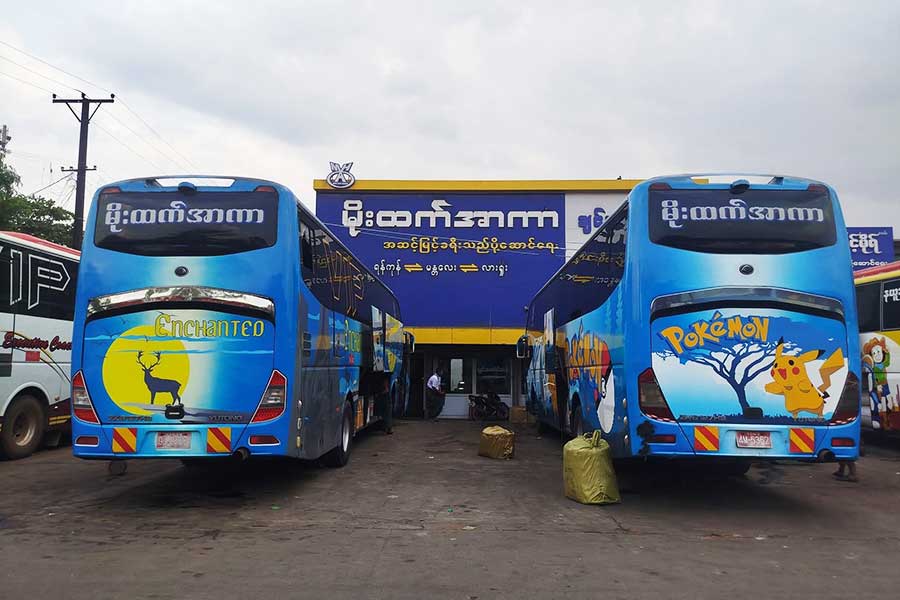
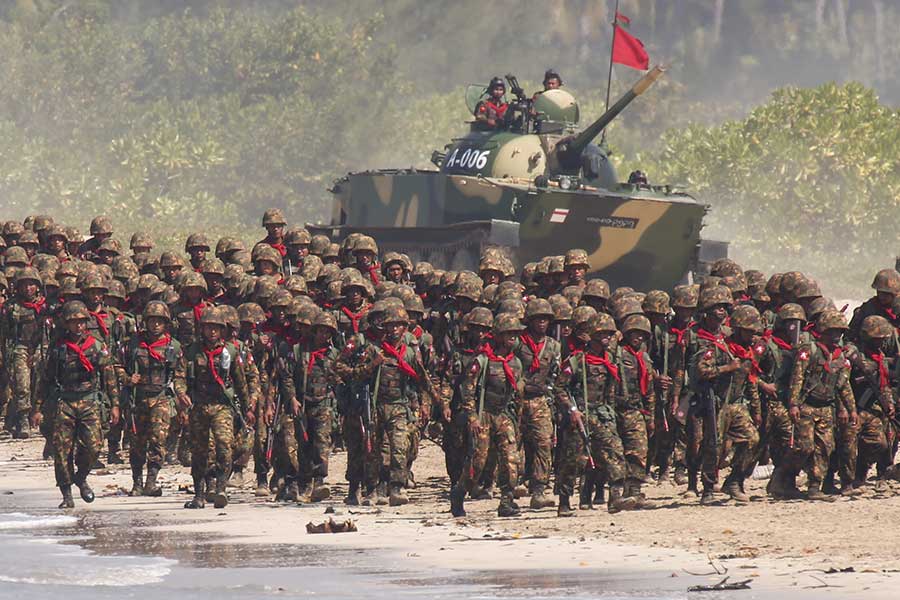
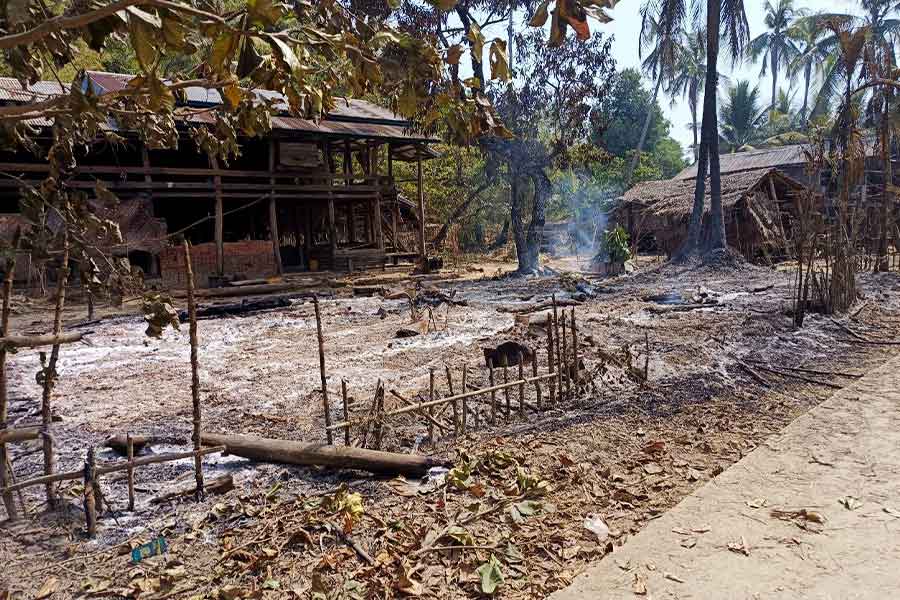
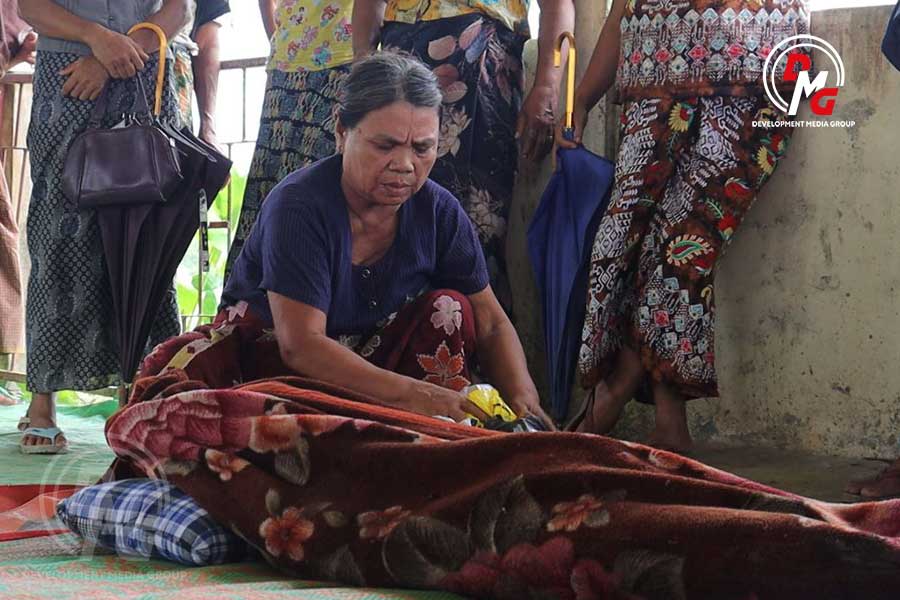
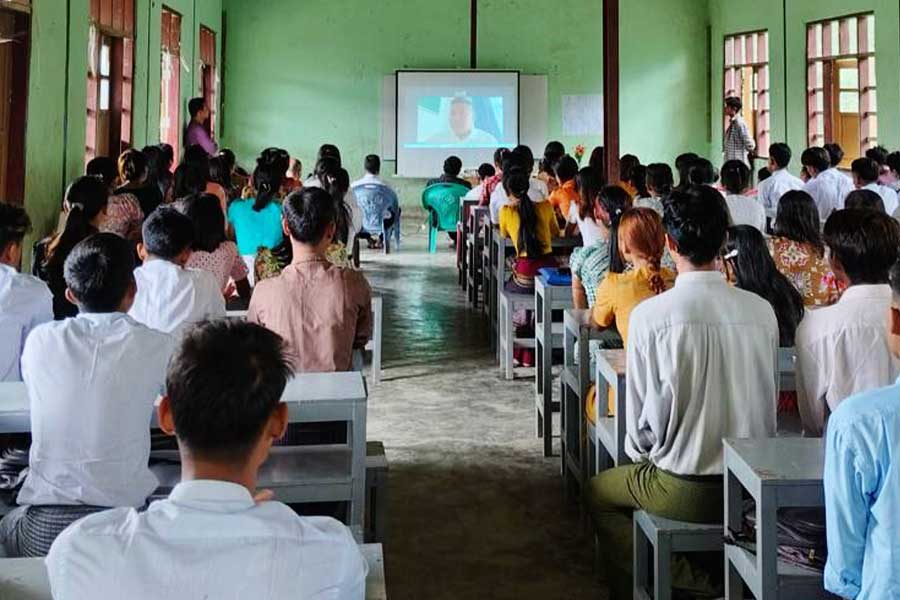






.jpg)

